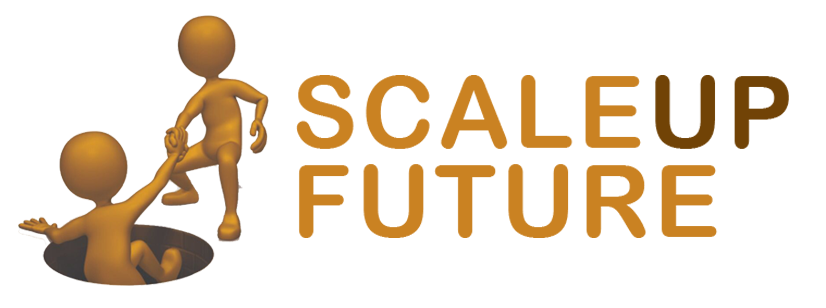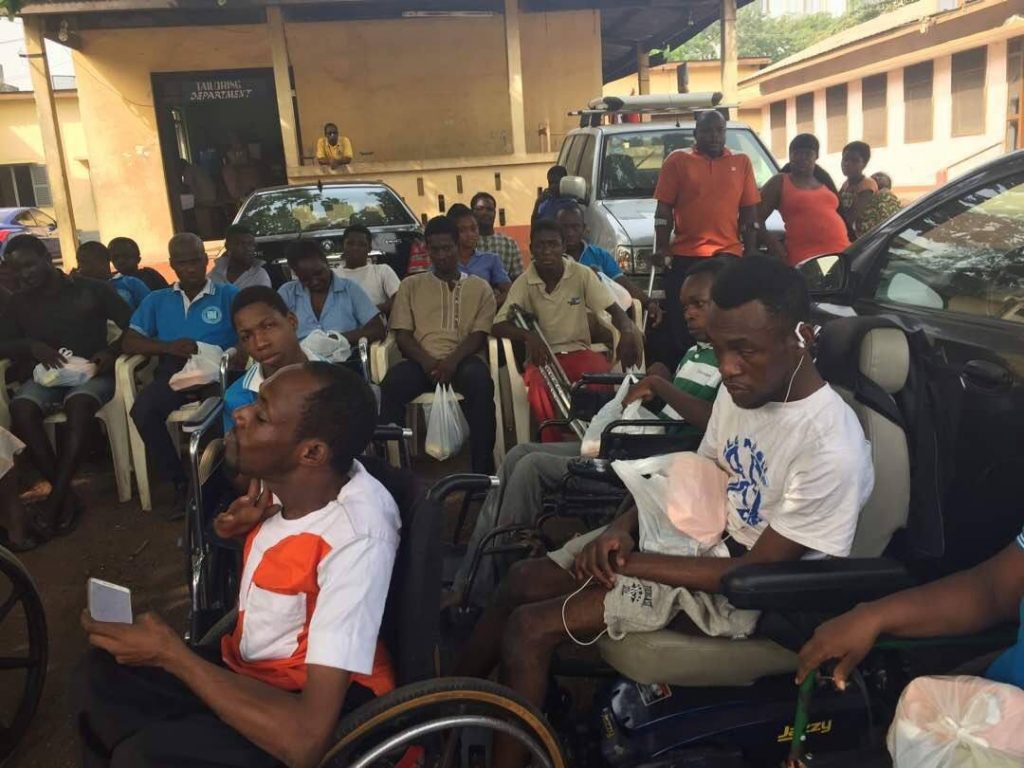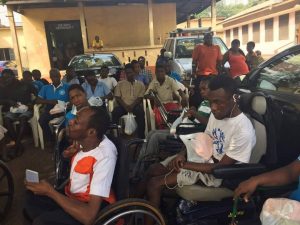People with Disabilities
The definition of a person with a disability is typically defined as someone who “has a physical or mental impairment that substantially limits one or more major life activities, has a record of such an impairment, or is regarded as having such an impairment.” Some of the broad categories of disabilities include:
- Physical or mobility-related disabilities
- Cognitive, developmental, or intellectual disabilities
- Sensory disabilities (blindness or deafness)
Compounding the issue of discrimination, many people with disabilities experience physical challenges including immobility or extreme pain, and social challenges such as isolation or being excluded from invitations to social events and recreational activities that are extended to people who do not live with a disability.
Managing these types of obstacles can take a toll on a person’s mental health. Having a disability, whether it has been a part of their identity from a young age, or developed/diagnosed later in life, is a risk factor for many mental health conditions. The additional factors of loneliness, abuse from caregivers and challenges achieving a satisfactory quality of life due to lack of access to proper care can increase the risk of mental illness.
Barriers To Mental Health Care
People with disabilities often encounter challenges when seeking out effective and accessible mental health care, whether it’s in-person or virtual communication barriers making it difficult to interact with a mental health professional or the lack of reliable transportation for a person with a mobility-related disability.
This is in addition to dehumanizing stigmas where people can be treated as “less than” because of their disability. This is called ableism, which is characterized by the practices and dominant attitudes in society that devalue and limit the potential of those with disabilities. This may include practices and beliefs that assign inferior value to people who have developmental, emotional, physical, or psychiatric disabilities.
It is common for people with disabilities to encounter mental health practitioners who share with their patients a belief that people with disabilities need to be “fixed,” cannot function as full members of society or that having a disability is a “defect” rather than a dimension of difference. This stigma may result in being told that mental health symptoms are to be expected given the persons’ circumstances, and in some cases, being dismissed as unlikely to benefit from therapeutic interventions.
Stigma can also result in misperceptions that those with disabilities are not proactive about seeking care to make their conditions better. However, considering the many barriers’ people with disabilities face, this perception fails to take into account the significant hurdles they must first overcome.
Except from National Alliance on Mental Illness




